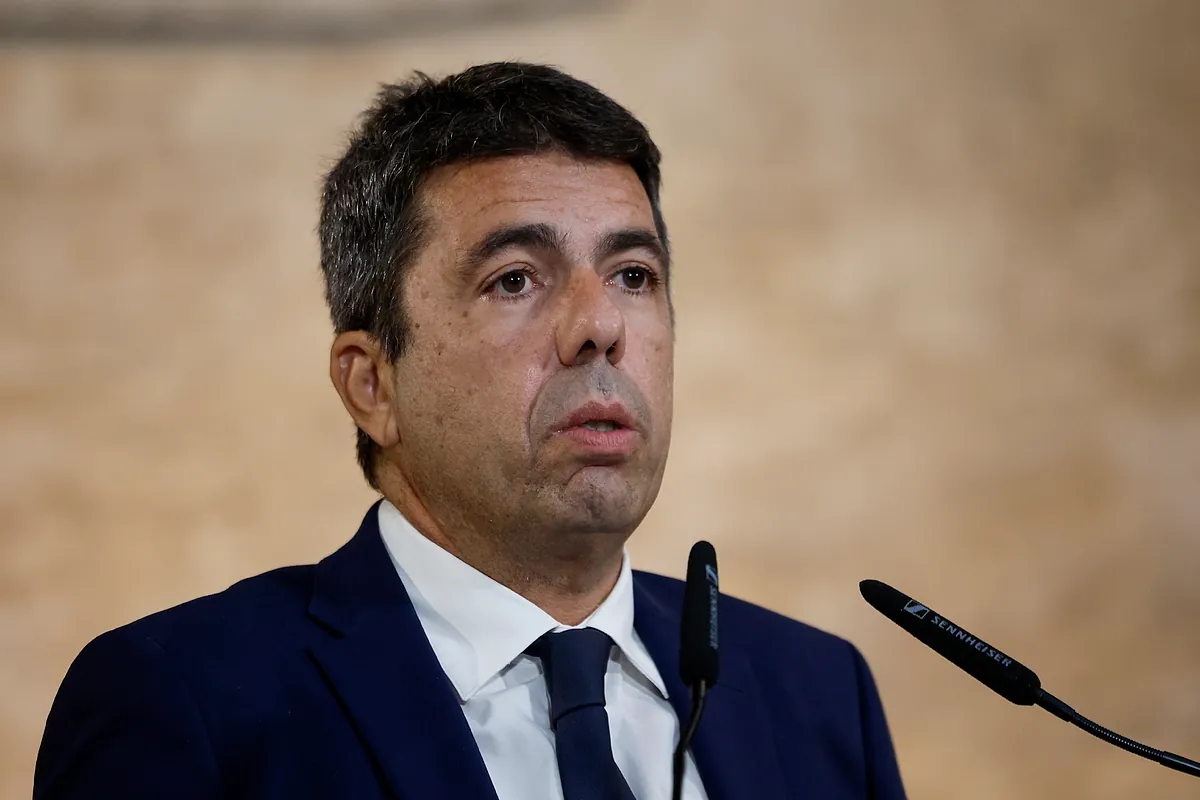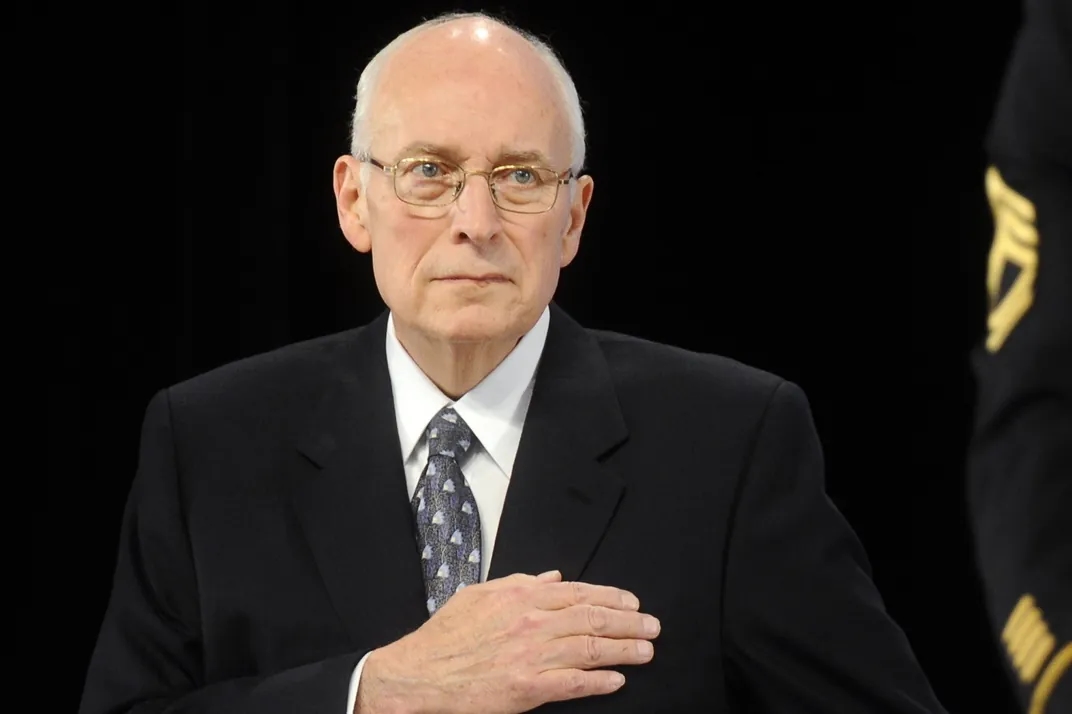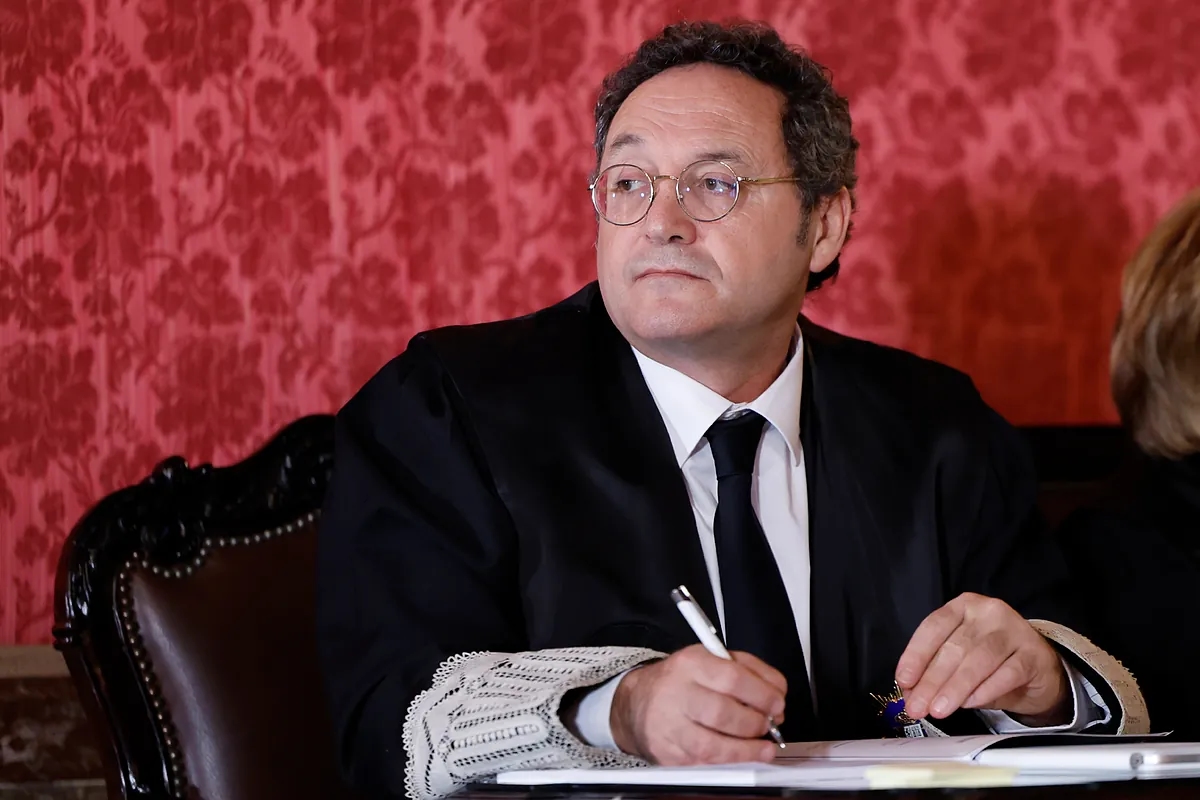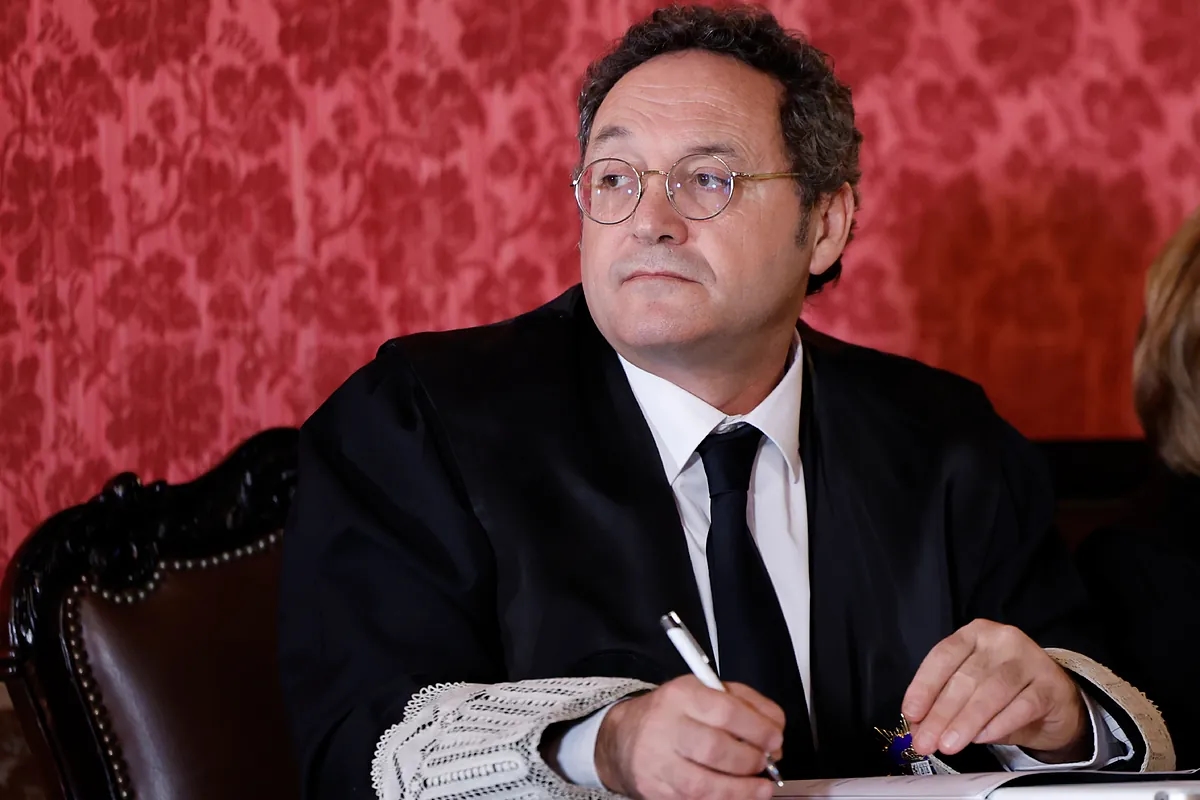Budget Committee approves the 2026 Federal Expenditure Budget amid strong political confrontations
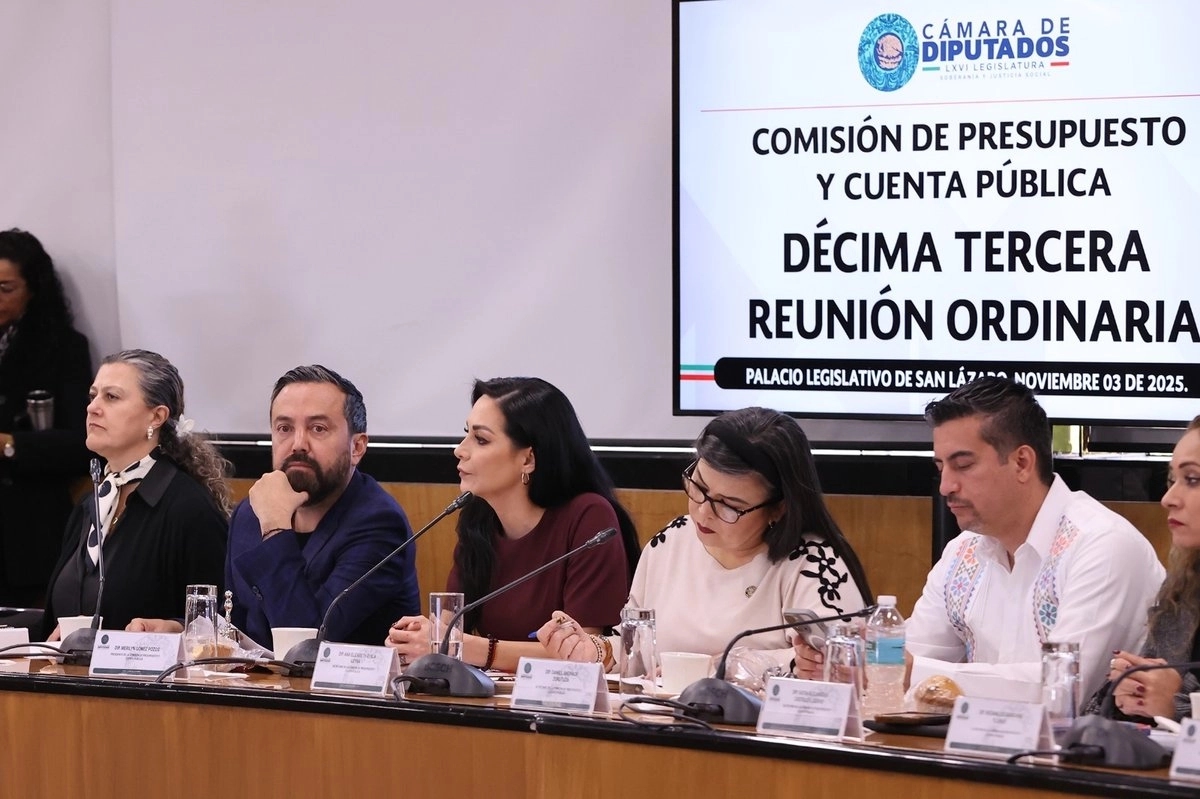
The Budget and Public Accounts Committee of the Chamber of Deputies approved the 2026 Federal Expenditure Budget (PEF) in a session marked by complaints, heated arguments, and even insults between legislators from the Morena party and the opposition. The document, approved with 39 votes in favor and 15 against , will be debated in the plenary session starting tomorrow, in a discussion that could extend until Friday.
The approved ruling supports the project submitted by Mayor Claudia Sheinbaum , which outlines public funding for next year. Morena, PT, and PVEM voted in favor, while PAN, PRI, and MC voted against it.
The opposition questioned the distribution of spending, accusing the federal government of prioritizing what they call "pharaonic projects" such as the Maya Train and the Felipe Ángeles International Airport , while "cutting key funds" for sectors such as security, health and support for municipalities.
One of the most repeated arguments by the opposition was the alleged cut of more than 10 billion pesos in public security , particularly in the funds allocated to states and municipalities.
Representatives like Héctor Saúl Téllez (PAN) warned that “fewer resources for security lead to the precarious state of municipal and state police forces,” linking the discussion to the recent assassination of Uruapan Mayor Carlos Manzo. His colleague Annia Sarahí Gómez added that “less money for security means more territory for drug cartels.”
The interventions provoked strong responses from the ruling party. When the PAN member spoke about the neglect of the municipalities, Irma Juan Carlos, from the MORENA party, shouted at her: “Clown!”, to which the opposition member responded: “Who cares!”.
Another point of contention was the increase in public debt . The PAN and PRI parties stated that the 2026 Federal Expenditure Budget (PEF) promotes the highest level of indebtedness in the country's modern history.
According to figures presented at the session, the debt ceiling for 2026 would be 1.8 trillion pesos , which would bring the total public debt to 20.3 trillion , a figure described as "worrying" by legislators such as Mario Zamora (PRI) , who stated that "this budget indebts us like never before."
From the ruling party, PT coordinator Reginaldo Sandoval defended the measure, assuring that it is a “responsible and manageable” debt, while accusing the opposition of having left the country with a “failed and privatizing” model.
The discussion escalated to a personal and emotional level. Among the most controversial statements were:
- “We won’t be even a fraction as shitty as you were!” —Rafaela Vianey García (Morena)
- “Less money for security means more territory for drug traffickers” —Annia Sarahí Gómez (PAN)
- “We do not accept advice from someone who applied a failed model” —Reginaldo Sandoval (PT)
There was even a clash over the term "batgirls," when PRI member Zamora made an ironic comment and Morena member Andrea Navarro accused him of disrespect: "We are not batgirls, we are congresswomen."
Although Morena and its allies supported the ruling, there were also tensions within the bloc itself. During the session, the Commission's president, Merilyn Gómez Pozos , muted the microphone of her fellow party member Arturo Ávila , causing him to leave the meeting and not even return to vote.
The bill will be debated this Wednesday in the plenary session of the Chamber of Deputies, where a long and intense session is expected. If approved without changes, the document will define the management of federal spending on infrastructure, social programs, security, health, and public debt during 2026, the first full year of Claudia Sheinbaum's administration.
The opposition has already announced that it will present reservations and seek to modify the project, while Morena is betting on an approval without substantial changes , as happened in previous years.
The debate surrounding the 2026 Federal Expenditure Budget (PEF) not only reflects differences regarding the use of public spending, but also the growing political tension at the start of the new presidential term. The clash between priorities— social programs and megaprojects versus security, health, and municipal resources —will be the central focus of public debate in the coming days.
La Verdad Yucatán

